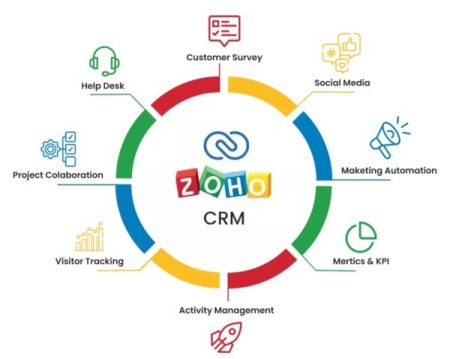Self-publishing has opened doors for aspiring authors, offering greater creative control and financial potential. However, choosing the right self-publishing company is a critical step in ensuring your book’s success. With so many self-publishing companies vying for attention, making an informed decision can feel overwhelming. Here’s a guide to the key questions you should ask before signing any contracts.
1. What Services Does the Company Offer?
Self-publishing companies often provide various services, such as editing, cover design, formatting, and marketing. Before committing, ask for a comprehensive list of their offerings. Do they provide packages tailored to specific genres or audiences? Are their services customizable, or do they come in rigid bundles?
Knowing this helps you assess whether they align with your needs and budget. For example, if you already have a polished manuscript, you may only require distribution and marketing services.
2. What Are the Costs Involved?
Transparency in pricing is essential. Ask for a breakdown of costs, including upfront fees, ongoing expenses, and any royalties the company might take. Some self-publishing companies operate on a pay-as-you-go model, while others bundle their services into a single fee.
Ensure there are no hidden costs, such as additional fees for revising your book post-publication. Compare the costs with other companies to determine whether the pricing reflects the value offered.
3. Who Retains the Copyrights and Royalties?
Maintaining control over your intellectual property is one of the biggest advantages of self-publishing. Confirm that you retain full ownership of your book’s rights. Additionally, ask how royalties are calculated and distributed.
A reputable self-publishing company will ensure you keep the majority of your royalties, typically around 70-85%. Avoid companies that demand excessive percentages or insist on owning the copyright.
4. How Does the Company Handle Distribution?
Distribution plays a significant role in your book’s reach and sales. Ask about the distribution channels the company uses. Do they partner with major online retailers like Amazon, Barnes & Noble, and Apple Books? Can they facilitate physical distribution to brick-and-mortar stores?
Understanding the extent of their distribution network will help you gauge how effectively they can bring your book to readers.
5. What Marketing Support Do They Provide?
Marketing is essential for your book to stand out in a crowded marketplace. Inquire about the marketing strategies offered by the company. Do they provide social media promotion, email campaigns, or book reviews?
Some self-publishing companies offer basic tools, while others include advanced strategies like Amazon advertising and press release creation. Ensure their marketing plan aligns with your goals and audience.
6. What Is the Quality of Their Previous Work?
Ask to see samples of books previously published through the company. This includes cover designs, formatting, and editing quality. Reviewing their portfolio gives you an idea of their standards and whether they align with your vision.
Additionally, read reviews or testimonials from authors who have worked with the company. Were they satisfied with the experience and results?
7. What Is the Timeline for Publication?
Publishing timelines can vary greatly between companies. Ask for an estimated timeline from manuscript submission to book launch.
While faster isn’t always better, you’ll want a realistic timeframe that accommodates your personal schedule and goals. Avoid companies that promise unrealistically quick results, as this could compromise quality.
8. Are There Any Hidden Contracts or Commitments?
Carefully review any contracts before signing. Some self-publishing companies may include clauses that limit your flexibility, such as exclusivity agreements or long-term commitments.
Ensure there’s no obligation to use their services for future projects or pay fees for withdrawing your manuscript. Transparency and flexibility are signs of a trustworthy company.
9. What Level of Creative Control Will You Have?
Creative freedom is one of the primary reasons authors choose self-publishing. Confirm that you’ll have final approval over critical elements like the cover design, title, and marketing materials.
Some companies may take control of these aspects, which can lead to a product that doesn’t match your vision. Partner with a company that values your input and respects your creative decisions.
10. What Happens Post-Publication?
The relationship with a self-publishing company doesn’t necessarily end after the book is published. Ask about the support they provide post-launch.
Do they offer assistance with tracking sales, updating content, or rebranding? A company that provides long-term support can help you maintain your book’s momentum in the market.
Conclusion
Choosing the right self-publishing company is a pivotal step in your publishing journey. By asking these essential questions, you can confidently select a partner that aligns with your goals, values, and expectations. Remember, the best self-publishing companies are transparent, supportive, and committed to helping you achieve your vision as an author.







